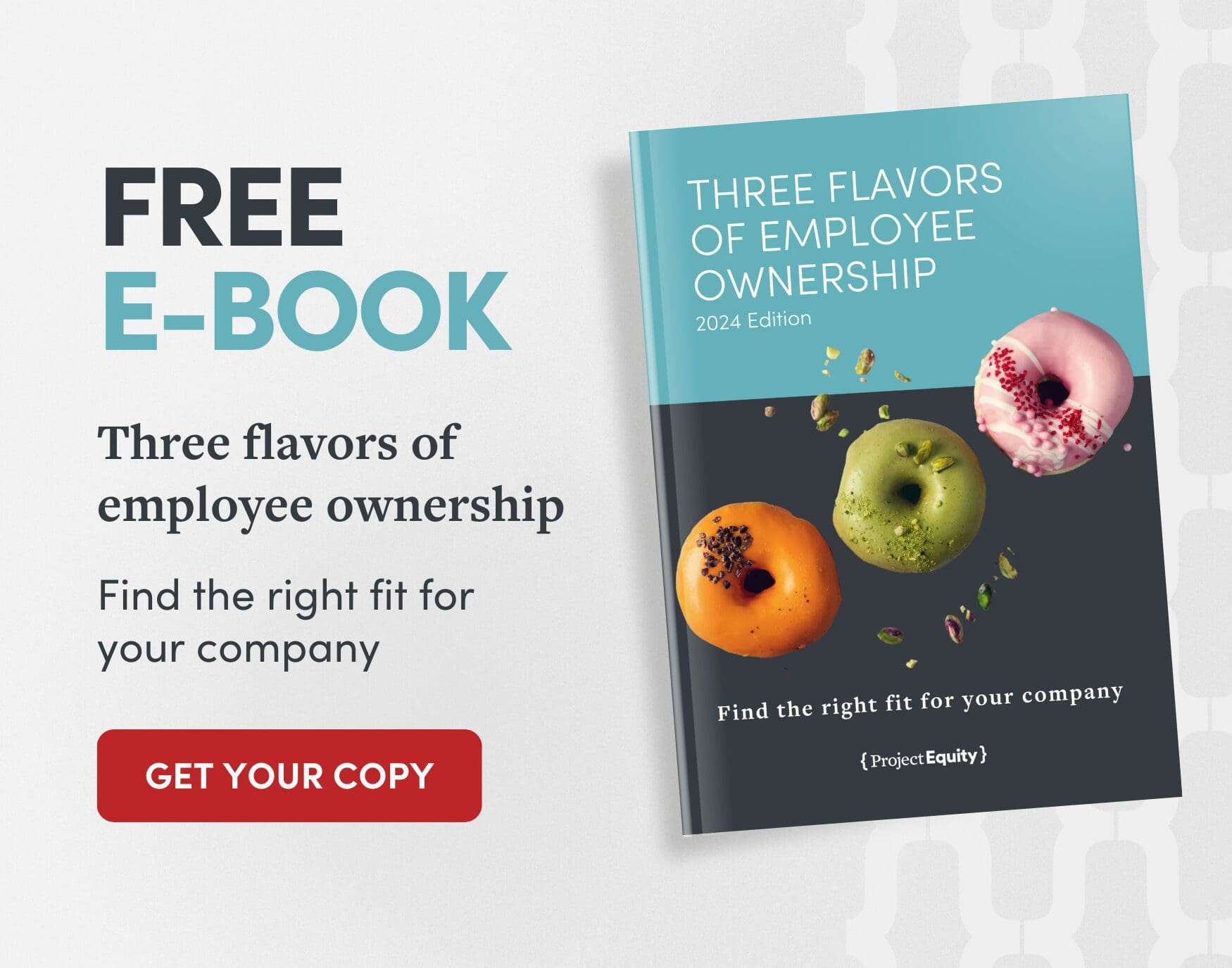Pioneering podcast network Maximum Fun powers employee ownership
The podcast company Maximum Fun transitioned into a 100% worker-owned cooperative in June 2023 with help from Project Equity, giving its employees a significant stake in the network—and setting it up for resilience in a turbulent industry.
- Los Angeles, CA
For 20 years, the podcasting network Maximum Fun has delighted, intrigued and inspired the world with dozens of produced shows including Bullseye with Jesse Thorn, Jordan, Jesse, Go!, Depresh Mode, Baby Geniuses, Let’s Learn Everything!, Feeling Seen, Greatest Trek and Reading Glasses.
Still independently owned and operated, with a small, tightly knit team, Maximum Fun is a rarity among other podcast networks nowadays.
This isn’t surprising, given its origins. “My goal in building Maximum Fun was always to build kind of an anti-media company,” said Jesse Thorn, the founder and worker-owner of Maximum Fun. “I always wanted to do this as my life’s work. And I wanted my friends whose work I love to do it as their life’s work.”
So, when Jesse wanted something new, he considered different options before landing on the one that made the most sense for the next step in his business: employee ownership.
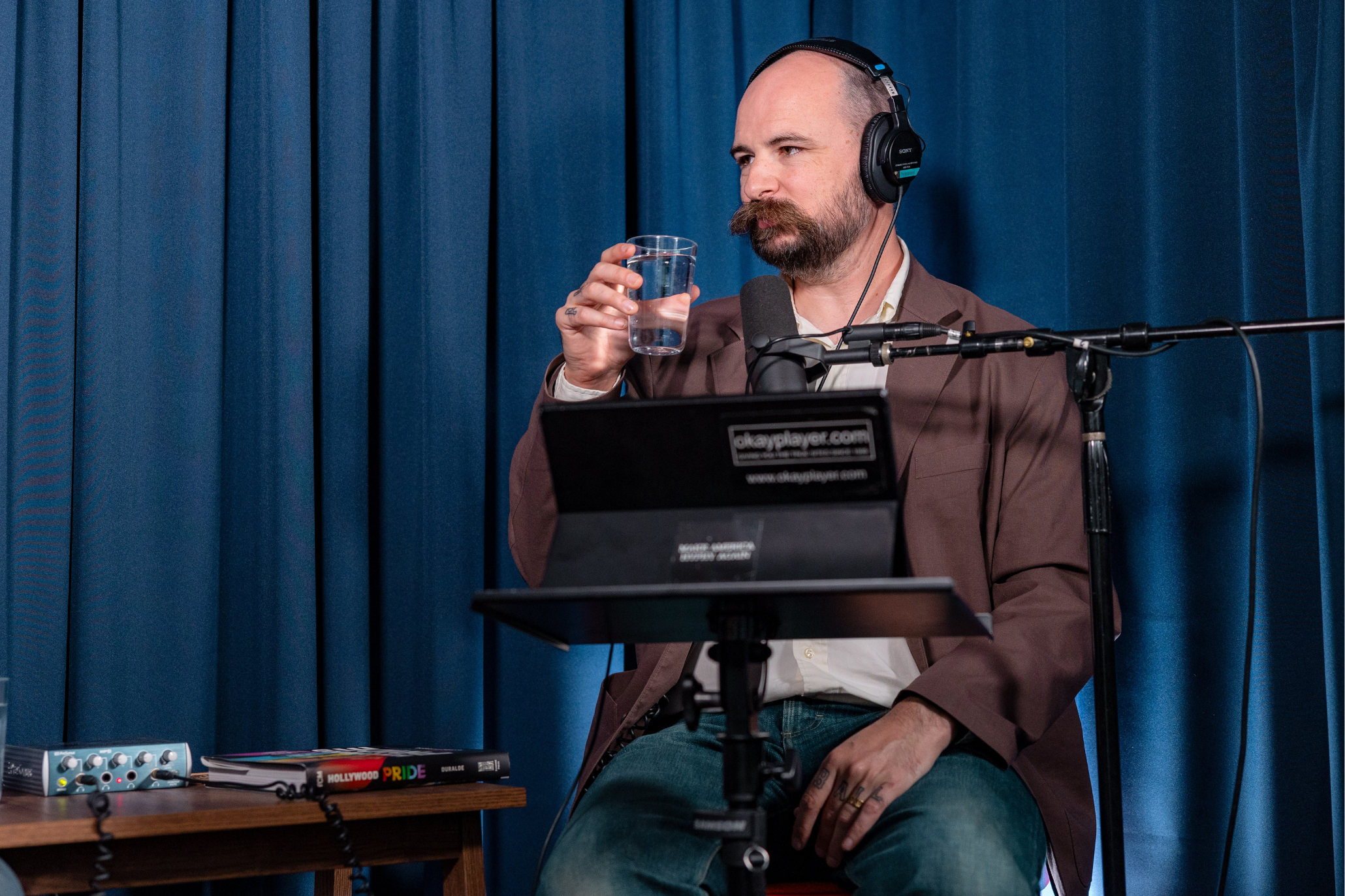
Jesse’s signature signoff
The pandemic—plus managing Maximum Fun through the booms and busts of the podcasting industry—had negatively impacted Jesse’s health.
In 2021, he knew it was time for a change.
But what would the next step be?
“That was a very volatile time in the podcast industry,” Bikram Chatterji, the CEO of Maximum Fun, shared. “A lot of podcast companies were being snatched up. And it wasn’t clear whether the folks who were doing the buying really cared about the business, really cared about the staff that they were bringing on, or really cared about the shows that they were bringing on.”
“I believe in sustainable enterprise. I also believe in collective enterprise. And so I had gotten offers to sell the company over the years, but I knew that even in the best-case scenarios, people that I cared about would lose their jobs.”
JESSE THORN
OG, Host and Worker-Owner
Maximum Fun
Looking for a way out, Jesse met with investment bankers, who went over the books and made potential officers. But he still felt that selling Maximum Fun wouldn’t be the right choice. “I called my father-in-law, who worked until very recently at an employee-owned hardware store in the Bay area,” Jesse explained. “And I said, ‘Steve, is there a way out of this? Do I have to have meetings with investment bankers?’ And he said, ‘Find somebody who can help you look into employee ownership.’
“And that’s when I found Project Equity,” Jesse concluded.
Pursuing being a cooperative
Jesse then spoke with members of Project Equity’s business development team, who consulted him on employee ownership, what it means and how it works. Our team determined that Maximum Fun would be a good fit for employee ownership. With Project Equity’s guidance, Jesse learned that a worker cooperative would be the best option for his company.
A worker cooperative is a business owned and managed by the people who work there, with the goal of benefiting its employees. The Board of Directors consists primarily of employee-owners, who are elected by the entire workforce on a one-person, one-vote basis. Profits are distributed among the members according to a formula tailored to the company’s needs.
“Maximum Fun has always done business in a different way than our competitors and our peers,” Jesse said. “My goal with Maximum Fun was always: How do we build something that doesn’t have to scale infinitely? How do we build something that is sustainable? What is the business structure that can support this work long-term?” Turning Maximum Fun into a coop was the perfect answer.
Behind the scenes, Project Equity’s client services team completed a feasibility study where we discussed what the management transition might look like, determined what the potential sale amount would be and confirmed the interest of the employees. “From the beginning, employee ownership aligned with Jesse’s goals, the mission of Maximum Fun and the vision everyone had with the future of the network,” said David Gray, the director, client services at Project Equity. “As we dove more into the worker coop process, it emerged as the next logical step in MaxFun’s future.”
Jesse had a meeting with all of his employees for the first time since the pandemic started where he explained this process. “I talked to everybody about why I wanted to do this, and my reasons were financial and ideological, but also really personal,” he said. “And so that meant me crying in front of everybody, which I had to be prepared for. It’s not my usual way. And then the workers took a straw poll. Project Equity facilitated it. Almost everybody was on board.”
To his employees, this made sense.
“Ownership for MaxFun is an obvious next step in our evolution.… The company's always been audience-supported by direct contributions from the people who listen to the shows. The shows themselves have always been artist-owned. So, the artists are able to get that direct support and do their creative work without the same pressures and priorities that would be forced on them somewhere else. And so now, the next step is that the people who facilitate that work—the producers, the business team, the folks like me—get to participate directly in the profits and the fruits of everybody's labor.”
K.T. WIEGMAN
Operations Specialist, Worker-Owner & Founding Board President
Maximum Fun
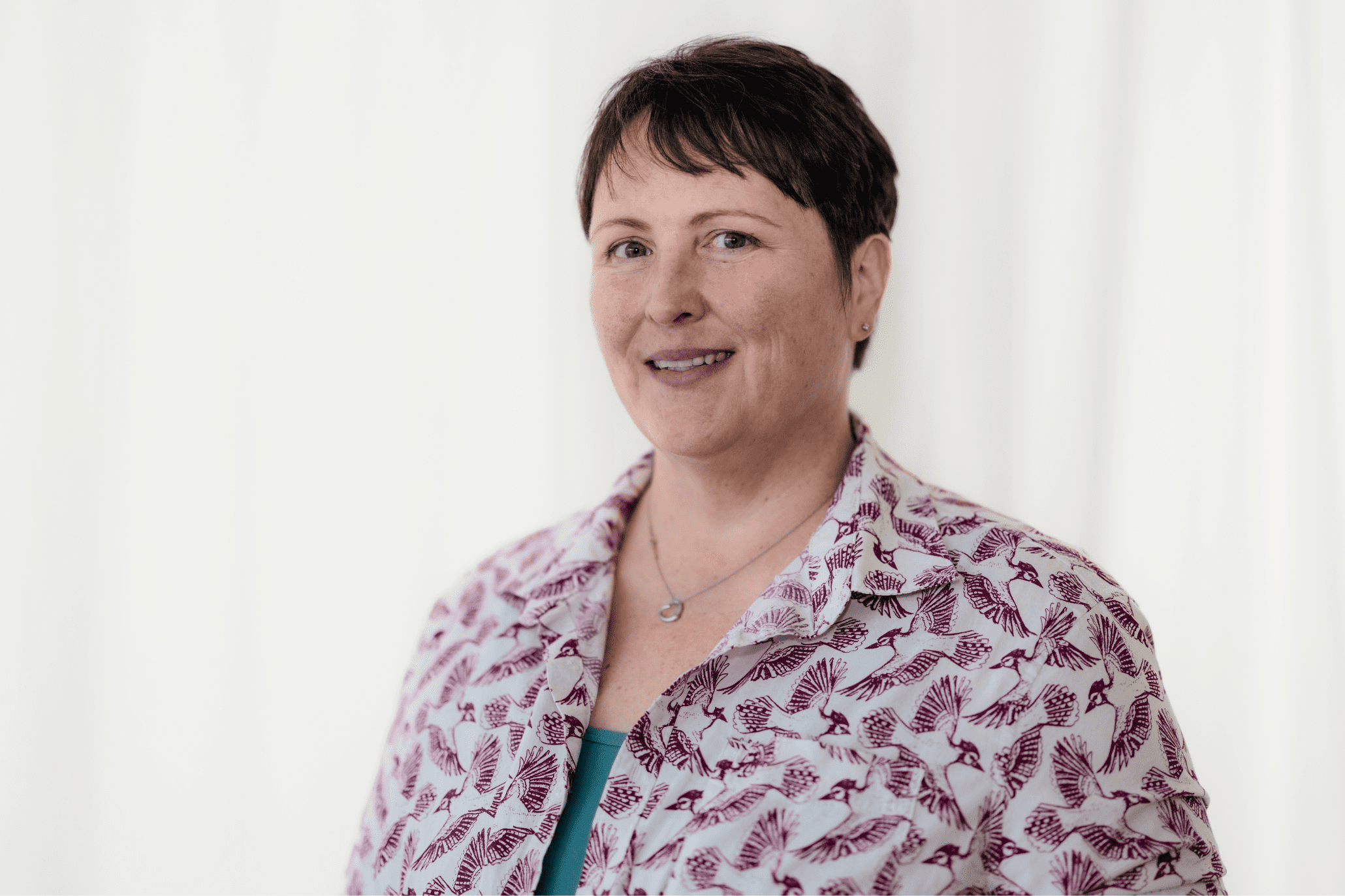
Project Equity then helped Maximum Fun to assemble a transition team and close the sale. “The great thing about working with [Director, Client Services] David Gray and Project Equity was having things broken down,” K.T. said. “You know, it’s comforting to have somebody who’s done this before. We haven’t done it before, but Project Equity has done it before. And so having that resource to bring it down to bite-size helped a lot.”
Now, the Maximum Fun team is a worker-owned coop enrolled in the last phase of Project Equity—the Thrive Program, where we ensure all relevant systems are in place to ensure a thriving ownership culture.
What a coop looks like
Becoming a member of the coop is completely optional to Maximum Fun employees. If employees want to become owners in the future, they have to complete training and be voted in by a majority of the worker-owners.
The company is governed by a Board of Directors. Board members are elected by the worker-owners and serve two-year terms. The leadership team is overseen by the Board, which oversees strategy and planning for Maximum Fun. Worker-owners vote on any major issues that impact the business.
With a coop, worker ownership is available to all full-time employees. Every worker-owner has a voice and a vote in its operation. Worker-owners are also entitled to profit-sharing, known as patronage. The board hires and supervises the business management.
From workers to owners
“It feels very powerful to be part of our employee coop because…we have this total transparency,” said Jennnifer Marmor, a producer, worker-owner and Secretary of the Board of Directors. “So, you know, we’re all aware of what this company is bringing in, what our challenge points are and what we need to improve on.
“And it's been really illuminating. I've learned a lot about business and the way a company runs and things that I kind of knew existed, like KPIs and budgets and things that I have no experience with, but it was basically a crash course in all of that. And I'm still learning. What I'm learning about all of these things, about how businesses run and what makes a business successful on a really granular level, has been really powerful. I've been able to see how that choice I make for the show I produce will affect another show and how that will affect the staff around me and my fellow co-op members.”
Jennifer Marmor
Producer, Worker-Owner & Secretary of the Board of Directors
Maximum Fun
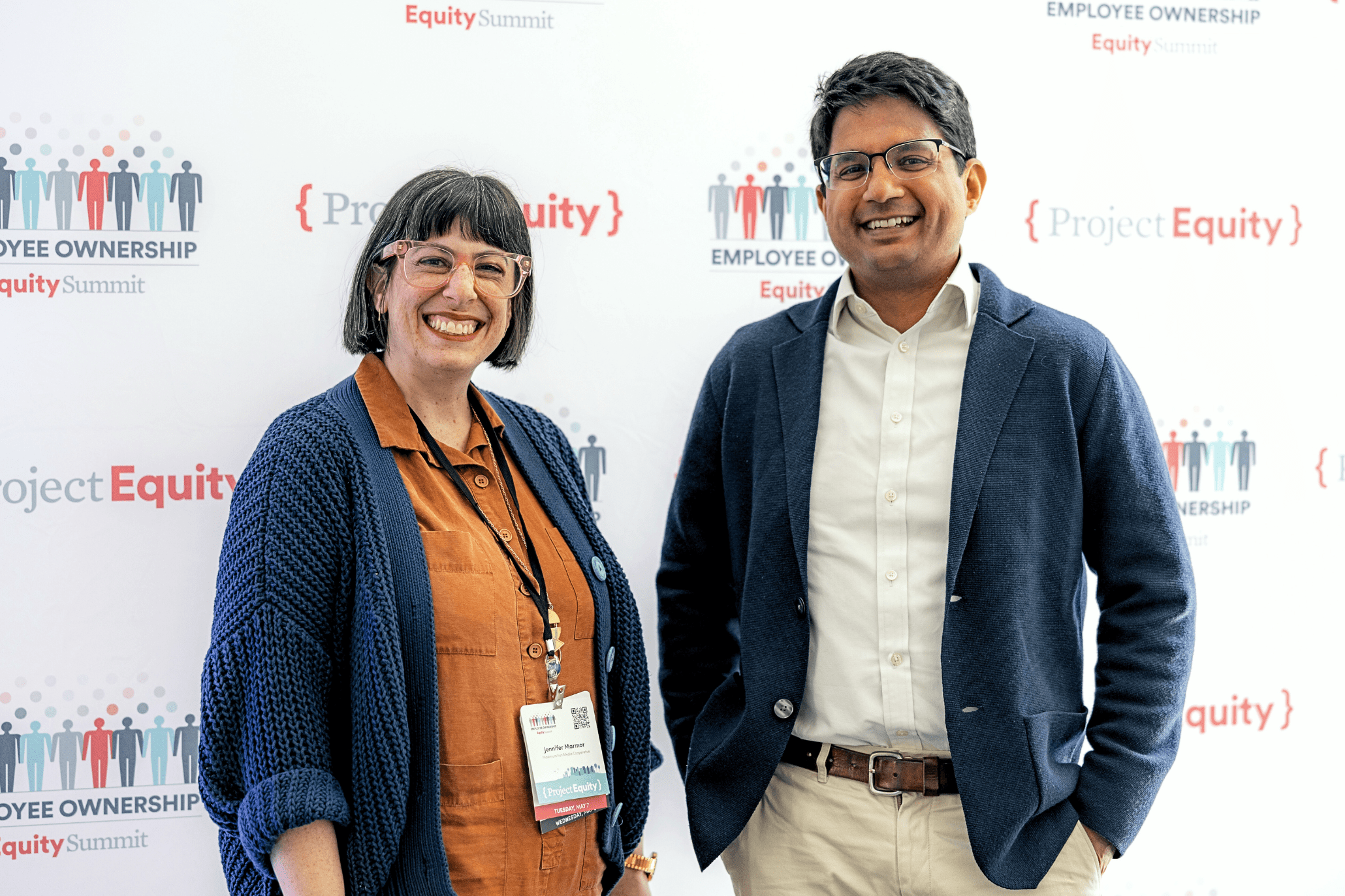
“It’s honestly really, truly worth it to be able to take control of something and just say, ‘You know what? I’m not going to leave this up to somebody else. I’m not going to just, you know, wash my hands of the situation and call it an afternoon,’” explained Julian Burrell, another producer, worker-owner and Board of Directors member. “You can actually say, ‘I really, truly do care about this, from a from a bottom line standpoint to the perspective of the person who I sit next to every day.’”
Shared ownership, shared responsibility
Since Jesse and Bikram became worker-owners, they’ve reaped the benefits of the coop as well.
“Because I felt like it was my legacy, it’s the thing I spent the last 25 years of my life really doing, I felt really good about sharing it with these people I love and care about and value and trust,” Jesse said. “I feel like I’m sharing something with everyone and we’re all truly working together… we’re all making the choices together. This system both allows the business structure to reflect our values and also allows us to build something that is values-driven, that is sustainable in the long term, that otherwise may not be possible.”
Bikram reported: “The degree of transparency is great. For me, as someone who historically held that information [such as the P&L] to myself and bore the burden of that myself, it’s been so wonderful to feel like I can share that with the people I work with, the people whose lives are impacted by that, that we are in this together and that I really feel as though we are part of a team that’s working on this problem together. We all have different roles, but we all see the bigger picture and are able to support each other. There’s a loneliness in being at the top of a small business… and I feel much less of that loneliness.”
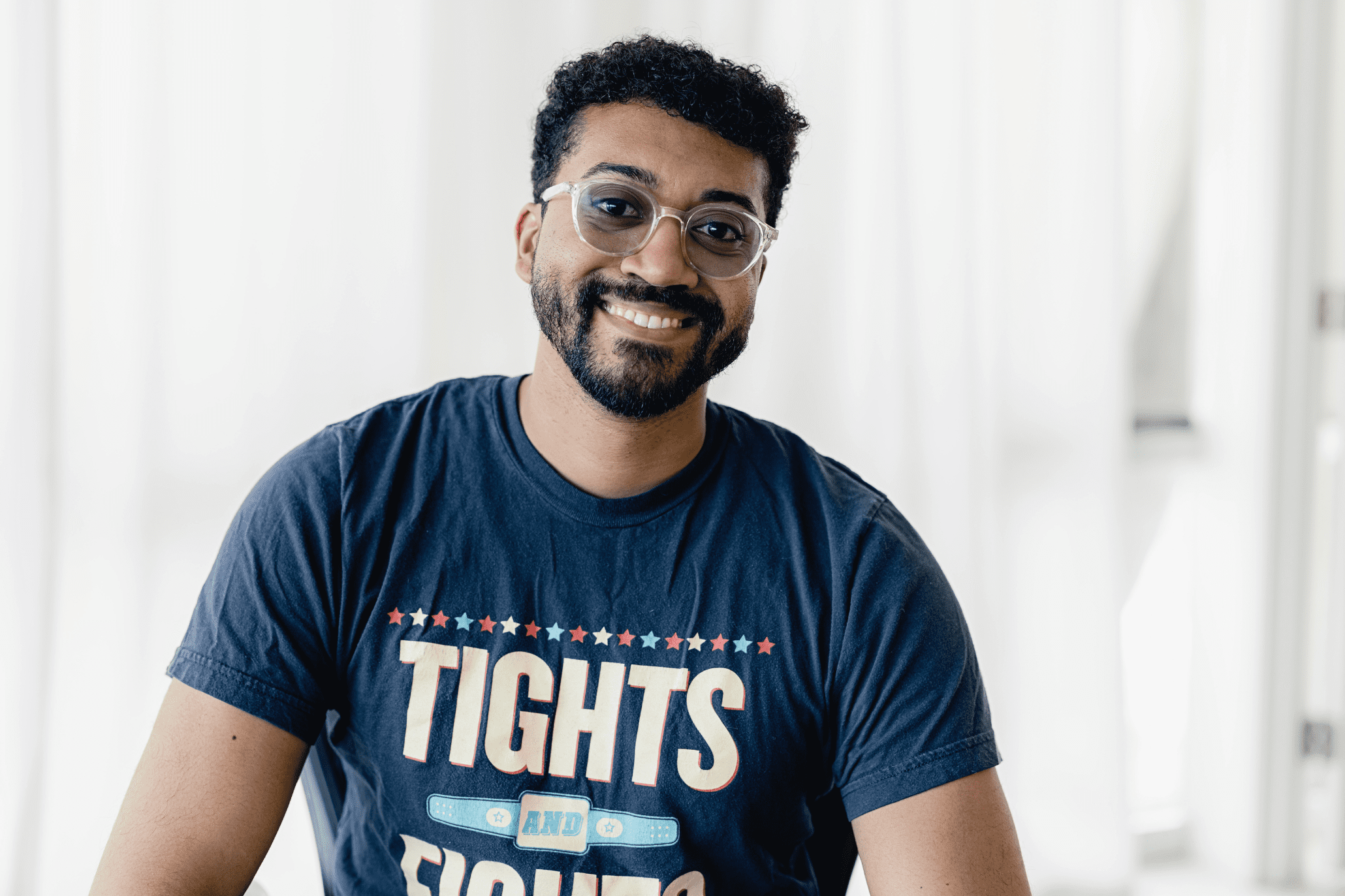
Why being a coop has helped Max Fun retain resilience
The podcasting industry has experienced turmoil over the past few years, with speculative capital drying up, a focus on celebrity-driven podcasts at the expense of independent shows, and a broad pullback on advertising spending, in particular from venture-backed startups that relied on podcasts for marketing.
Transitioning to being worker-owned has allowed Max Fun to weather the storm while other podcasts have been shut down by their larger owners.
“It’s fantastic to know that there’s not going to just be an out-of-the-blue management shift where you come into work and you don’t work there anymore, and you didn’t know it was coming,” K.T. added. “That’s a great comfort—especially in the media environment right now. Companies are getting bought and sold all the time. Podcast companies specifically, get bought up, get shuttered within, you know, a year, 18 months. And whatever happens here, that’s not going to happen to us.”
Employee ownership has set up Maximum Fun for success for the future. “We avoid hype cycles and letdowns by focusing on what we do best: producing and partnering with shows that matter to our audience, and asking our audience to support those shows, so that the shows can continue to exist,” Maximum Fun writes on their website. “Being a cooperative helps to ensure that we continue our mission of bringing good things into the world, and that we do so in an equitable, ethical way.”
Ownership story details
Transitioned
2023
Employees
26
Industry
Type of EO
Topic

